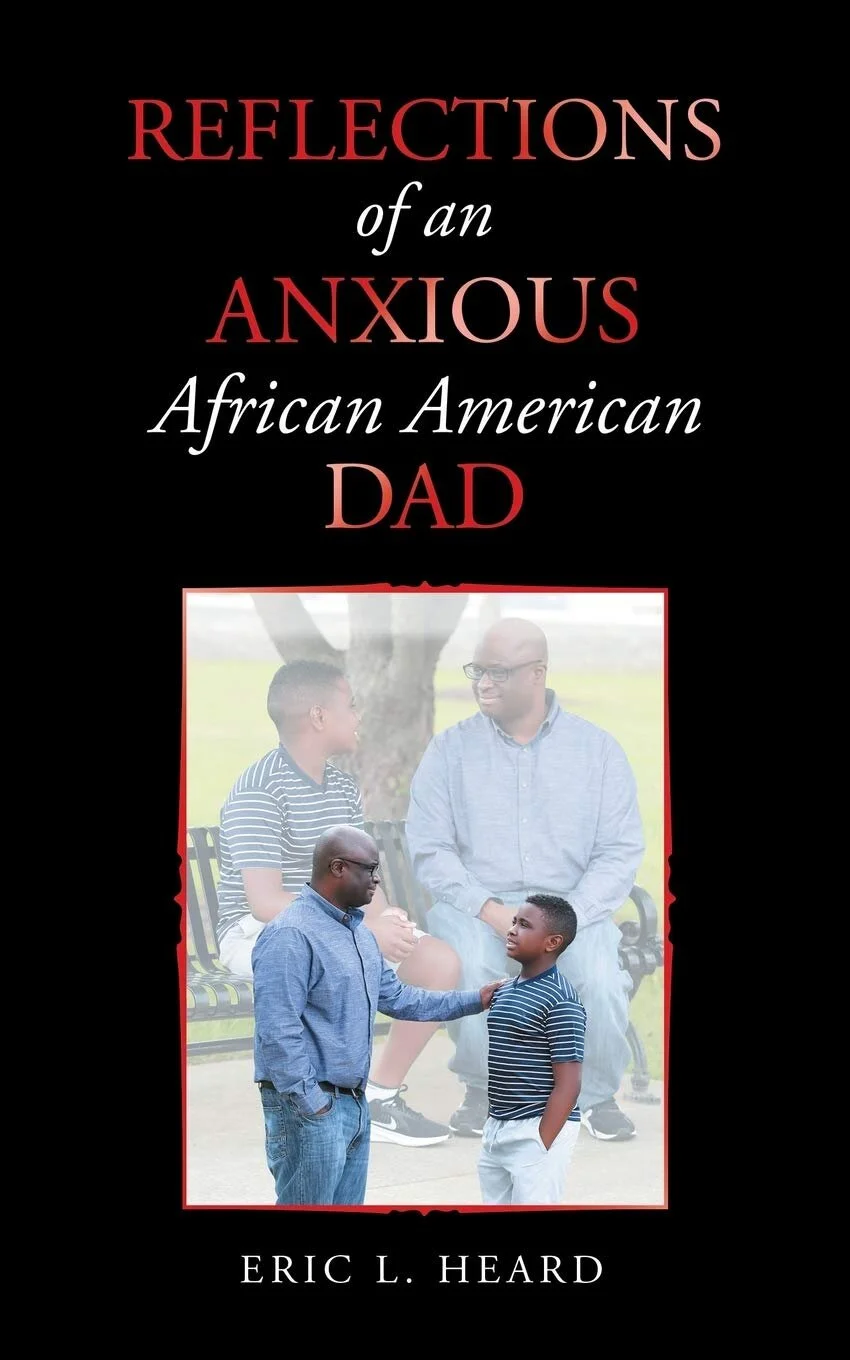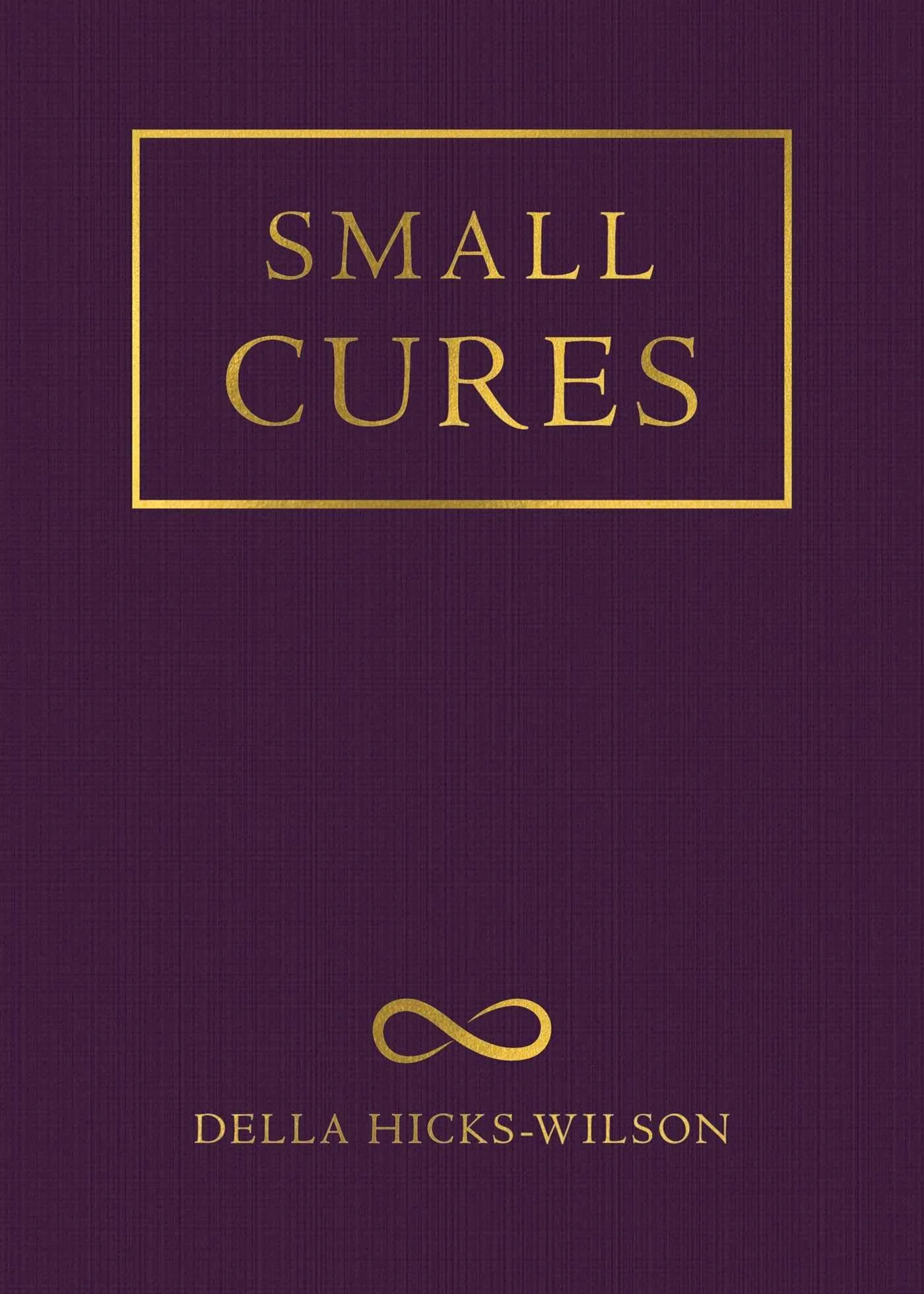Somewhere Between Ghostwriting and Editing: The Humble Art of Book Craft
You did it. You overcame the myriad obstacles to articulating the untamed and formless ideas in your mind into the long, artful form of a book— a harrowing feat to say the least. But do not rush to the publishing house just yet. There remains yet another step in the journey. I’m talking about editing, of course—all kinds of editing.
Photo by Daniel Thomas on Unsplash
Developmental Editing
The first stop on your editing journey is developmental editing. The developmental editor will read your manuscript with an eye for the big picture of your book. The developmental editor will give an expert critique that illuminates problems with the structure, organization, premises, and promises of your manuscript and will provide suggestions for revision as well.
Copy Editing
Next is copy editing. While the line or stylistic editor will be more attentive to the flow of sentences, a copy editor will focus on the grammar, logic, and factual correctness of your writing. Then, after a good proofread, your manuscript will, at last, be ready for the publishing house. At least, that is the idea. There is, however, another circumstance that may delay a book’s final stop on the journey to distribution.
Book Crafting
It is not uncommon for a fledgling manuscript, especially one that has skipped some of the aforementioned modes of editing, to require the attention of a book crafter (sometimes called a book doctor). . For instance, sometimes a first-time author’s manuscript may receive an unfavorable reception from trusted readers who complain that the book is difficult to follow or enjoy for some other reason. Rather than panic or prepare to toss it into a fireplace somewhere, it would serve the author well to find a book crafter.
The same can be said for the writer who is overwhelmed by the critiques of a developmental editor. A better move than tossing the project altogether might be to hire a book crafter who can implement suggestions for revisions on the author’s behalf. A book crafter is something of a combination of a ghostwriter and all of the aforementioned editors combined. Unlike a ghostwriter, who must begin without a written version of a manuscript and conduct interviews and research in order to turn ideas into a book, a book crafter reads a manuscript the author has already labored to produce and offers suggestions for revision. Once the author approves the revision ideas, the book crafter implements those revisions until a beautifully written manuscript emerges.
Photo by Jan Kahánek on Unsplash
Rewriting with Artistry
Essentially, the book crafter works with the author to rewrite the manuscript and present the best version of the author’s unique voice and style. Not only does the book crafter work with the author to address big picture flaws in the manuscript as a developmental editor would, but the crafter also implements edits to the style and corrects grammatical errors in the rewrite, always concluding with proofreading. In that way, the final version of the manuscript is fit for the scrutiny of a publishing house.
Like a ghostwriter, book crafters remain anonymous and do not usually receive any form of credit, attribution, or royalties for their contributions to the book, but are content to play a role in breathing life into yet another written world.
Would you like to learn more about book crafting or our other author services? Reach out with some details about your project, and we’ll get in touch with you soon.
About the Author
Takisha Jacobs is a writer, editor, educator, and bibliophile who began writing professionally at age 17. She holds a bachelor’s degree in English and journalism and a master’s degree in the humanities with a concentration in African American literature. Based in Austin, she’s also the proud mother of an adorable, book-loving toddler, and the wife of a web developer.












I Can’t Believe It’s Been Two Years.
His death changed my life in ways I never thought were possible. He became the catalyst to get out and work toward the future we talked about. Activists have been doing this work for decades, but this was the first time I was able to expand my work outside of the computer screen and into the streets.